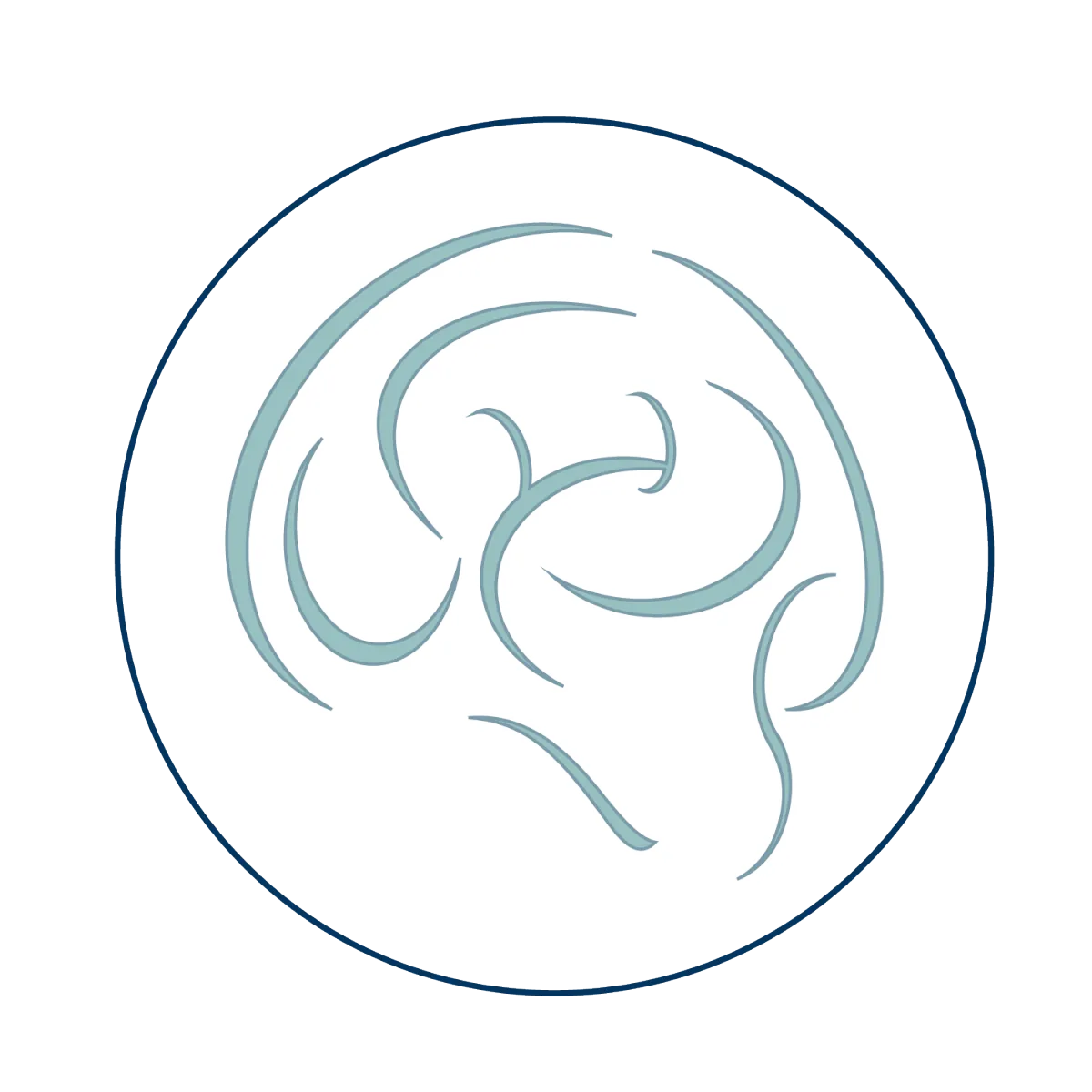Welcome to the Brain & Faith Blog
This is where neuroscience and Scripture meet to bring clarity, calm, and confidence into everyday life. From brain health tips and faith-based practices to practical support for parents of young athletes, you’ll find simple, actionable steps to strengthen your mind, nurture your spirit, and guide your family toward lasting peace and resilience.

Intermittent Fasting and Your Brain: A Faith-Informed Path to Clarity
If you've heard about intermittent fasting and wondered if it's just another diet trend, you're not alone. But what if this ancient practice, deeply rooted in biblical tradition, could offer more than just physical benefits? For women seeking mental clarity and a deeper connection with their bodies, intermittent fasting might be a pathway to both physical and spiritual renewal. Let's explore how this practice affects your brain and how to approach it with wisdom and grace.
What Is Intermittent Fasting?
Intermittent fasting isn't about what you eat, but when you eat. It involves cycling between periods of eating and voluntary fasting. Common methods include the 16/8 method (fasting for 16 hours and eating during an 8-hour window) and the 5:2 method (eating normally for five days and restricting calories on two non-consecutive days).
This practice isn't new. For centuries, people of faith have practiced fasting as a way to draw closer to God, discipline the body, and focus the mind. As it turns out, modern science is beginning to understand the profound brain benefits of this ancient spiritual discipline.
How Fasting Affects Your Brain
Research has shown that intermittent fasting can have a significant impact on brain health. When you fast, your body initiates important cellular repair processes and changes hormone levels to make stored body fat more accessible. This can lead to several brain-supportive benefits:
Cellular Repair: Fasting triggers a process called autophagy, where your cells remove waste products and repair themselves. This is like a spring cleaning for your brain cells, helping them function more efficiently.
Brain-Derived Neurotrophic Factor (BDNF): Intermittent fasting increases levels of BDNF, a brain hormone that supports the survival of existing neurons and encourages the growth of new ones. Higher levels of BDNF are linked to improved memory and a lower risk of depression.
Reduced Inflammation: Chronic inflammation is a key driver of many neurological conditions. Intermittent fasting has been shown to reduce markers of inflammation, which can protect your brain from damage.
A Faith-Informed Perspective on Fasting
Throughout Scripture, we see fasting as a way to humble oneself before God, seek His guidance, and break free from the things that control us. When Jesus fasted for 40 days in the wilderness (Matthew 4:1-11), He was preparing for His ministry and demonstrating the power of spiritual discipline over physical desires.
When we practice intermittent fasting with a spiritual intention, it can become more than just a health strategy. It can be a way to:
Cultivate Self-Control: In a world that encourages instant gratification, fasting teaches us to discipline our bodies and desires, aligning with the fruit of the Spirit (Galatians 5:22-23).
Create Space for Prayer: The time you might normally spend preparing or eating a meal can become a dedicated time for prayer and reflection.
Break Food Strongholds: For women who struggle with emotional eating or feeling controlled by food, fasting can be a powerful way to re-establish a healthy relationship with nourishment.
Practical Considerations for Women
While the benefits are promising, it's important to approach intermittent fasting with wisdom, especially for women whose bodies can be more sensitive to hormonal changes:
Start Slowly: Begin with a shorter fasting window (e.g., 12-14 hours) and gradually increase it as your body adapts.
Stay Hydrated: Drink plenty of water, herbal tea, or black coffee during your fasting window.
Listen to Your Body: Pay attention to your energy levels, mood, and sleep quality. If you experience persistent negative effects, adjust your approach.
Nourish Yourself Well: During your eating window, focus on nutrient-dense foods that support your brain and body. This isn't an excuse to eat poorly.
Consult a Professional: If you have any existing health conditions, are pregnant or breastfeeding, or have a history of eating disorders, it's essential to consult with a healthcare professional before starting intermittent fasting.
Moving Forward with Wisdom
Intermittent fasting isn't a magic bullet, but it can be a powerful tool for both physical and spiritual health when approached with wisdom and grace. It reminds us that we are more than our physical appetites and that true nourishment comes from more than just food.
If you're feeling mentally foggy or spiritually disconnected, consider exploring intermittent fasting as a gentle way to restore clarity and create space for what truly matters. Remember, the goal isn't perfection but a deeper connection with your body and your Creator.
For more insights into how nutrition impacts your brain, explore our Food for Thought guide. If you're ready for personalized support in creating sustainable health practices that align with your faith, consider a free clarity call.
Brain Health Matters, LLC
Helping busy minds find peace through faith and neuroscience.
© 2025 Brain Health Matters, LLC. All rights reserved.
Terms & Conditions

